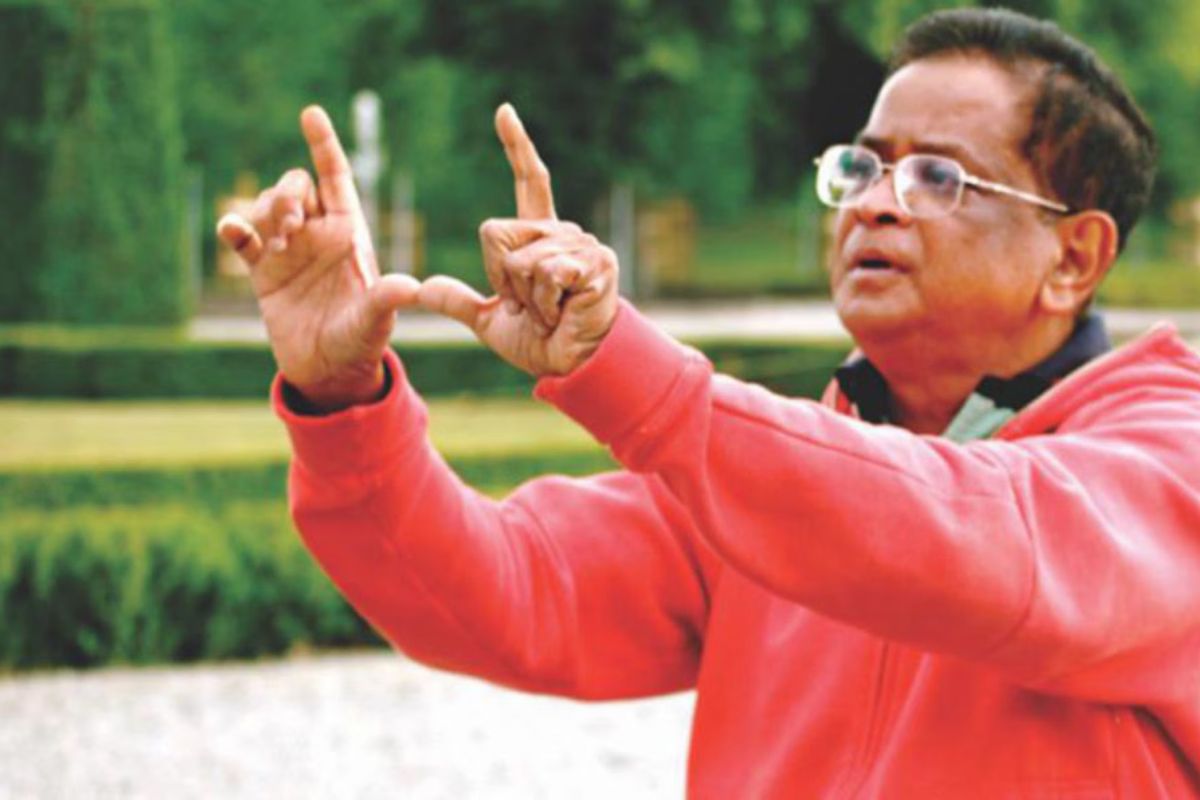
Published: : November 13, 2025, 08:48 PM

The idea of an auteur filmmaker comes from François Truffaut’s 1954 essay, “Une certaine tendance du cinéma français” (A Certain Tendency of the French Cinema). Truffaut criticized the French studio system, where directors were treated as technicians who only executed scripts written by others. He argued that a true director should be the main author of a film, expressing their personal vision, themes, and worldview. An auteur’s work is recognizable because it reflects their ideas and sensibilities consistently across films. This idea is essential for evaluating filmmakers in Bangladesh.
Andrew Sarris expanded Truffaut’s theory with his concentric circles model. According to Sarris, an auteur must have three qualities: technical competence, a recognizable personal style, and interior meaning, the innermost and most important circle. Technical skill ensures the filmmaker can make a good film. Personal style makes the work recognizable. Interior meaning reflects the director’s personal experiences, philosophy, and engagement with life. Without interior meaning, a director cannot be considered a full auteur.
Humayun Ahmed (1948–2012) was undoubtedly one of Bangladesh’s most celebrated cultural figures. His novels, TV dramas, and films captivated audiences across the country. He wrote and directed films such as Aguner Poroshmoni (1994), Srabon Megher Din (1999), and Ghetuputra Komola (2012), maintaining significant creative control over his works. His films often focus on middle-class life, family, romance, and nostalgia. This gives him technical skill and a recognizable style. In Sarris’s terms, Ahmed fulfills the first two circles of auteurship. Audiences can identify a “Humayunian” tone in his films.
However, Ahmed’s films lack interior meaning. They are emotionally appealing and popular, but they rarely explore deep personal ideas, philosophy, or social reflection. His films are sentimental and designed to entertain rather than provoke thought. He does not use cinema to explore personal or societal complexities. While technically skilled and stylistically consistent, Ahmed fails the core requirement of auteurship, the innermost circle of personal vision and reflection.
Tareque Masud, in contrast, represents true auteurship. The interior meaning of his films can be summed up in the Bengali word ফেরা (Fera, meaning “Coming Back”). This concept reflects Masud’s focus on personal experience, memory, and social reality. He explained:
“Most directors select stories for their films that they have never experienced themselves. They build films on invented narratives. We generally do not go close to our own lives. I went in the opposite direction for my films; I went close to my own life.”
Masud’s films, including Matir Moina (2002) and Ontarjatra (2006), show how interior meaning shapes narrative and theme. His films explore identity, history, and personal experience in depth. They are intellectually and emotionally rich, fulfilling all three circles of Sarris’s model. This is what makes him a true auteur, unlike Ahmed.
Jahir Raihan’s films also demonstrate auteurship. Films such as Jibon Theke Neya (1970) and Stop Genocide (1971) show consistent personal perspective and engagement with social, political, and historical issues. Raihan combines technical skill, style, and interior meaning, creating a strong authorial voice. Compared to Raihan, Ahmed’s films remain emotionally surface-level and lack such depth or reflection.
In conclusion, Humayun Ahmed cannot be considered a true auteur filmmaker. He shows technical competence and a recognizable style, but his films lack interior meaning, the essential element of auteurship. Compared to Tareque Masud and Jahir Raihan, who combine skill, style, and personal engagement with life, Ahmed’s works are popular and entertaining but do not reflect the director’s personal philosophy or deeper reflection. Popularity and sentiment alone do not make someone an auteur. Ahmed shaped Bangladeshi cinema, but he did not achieve the level of reflective authorship required to be called an auteur.